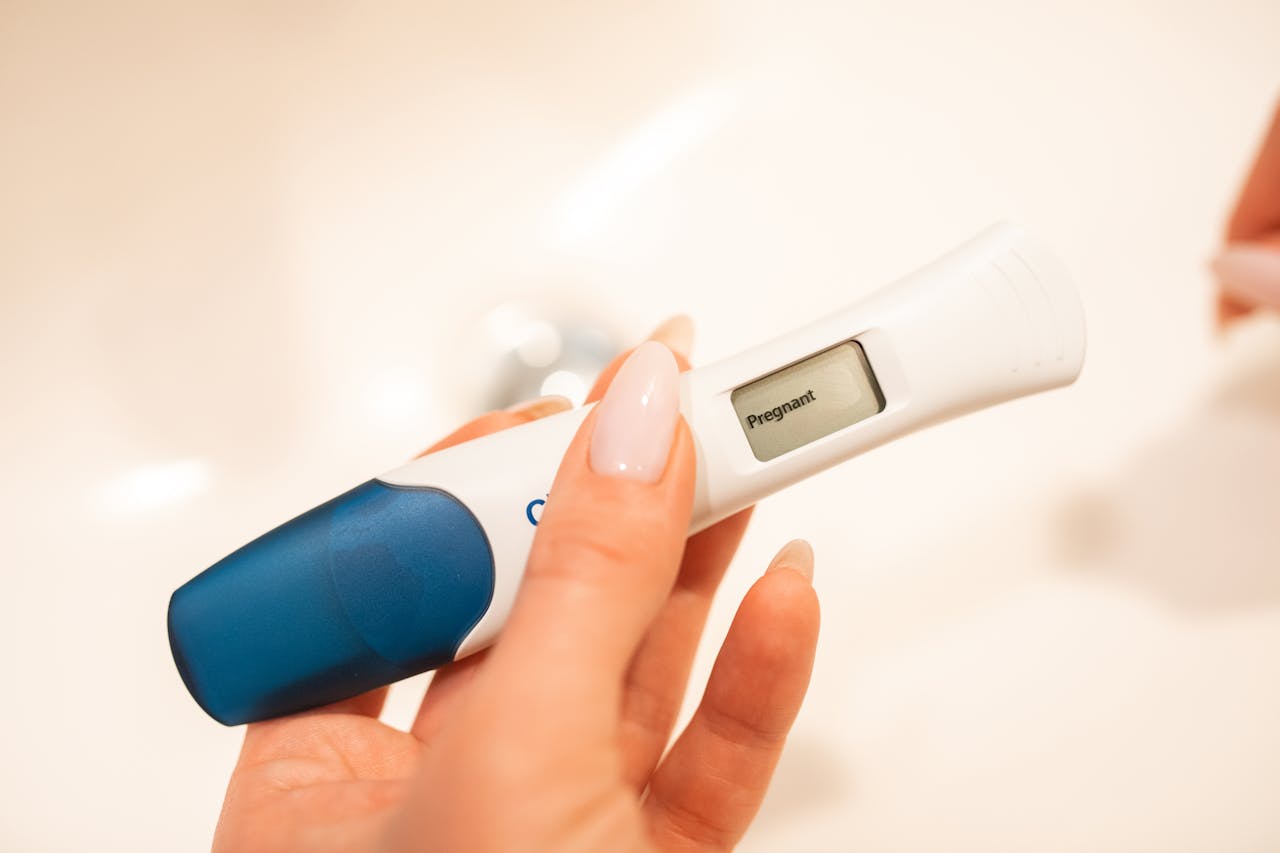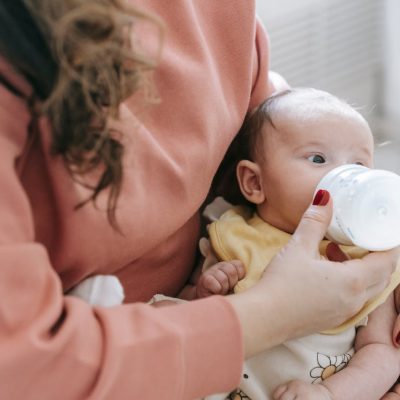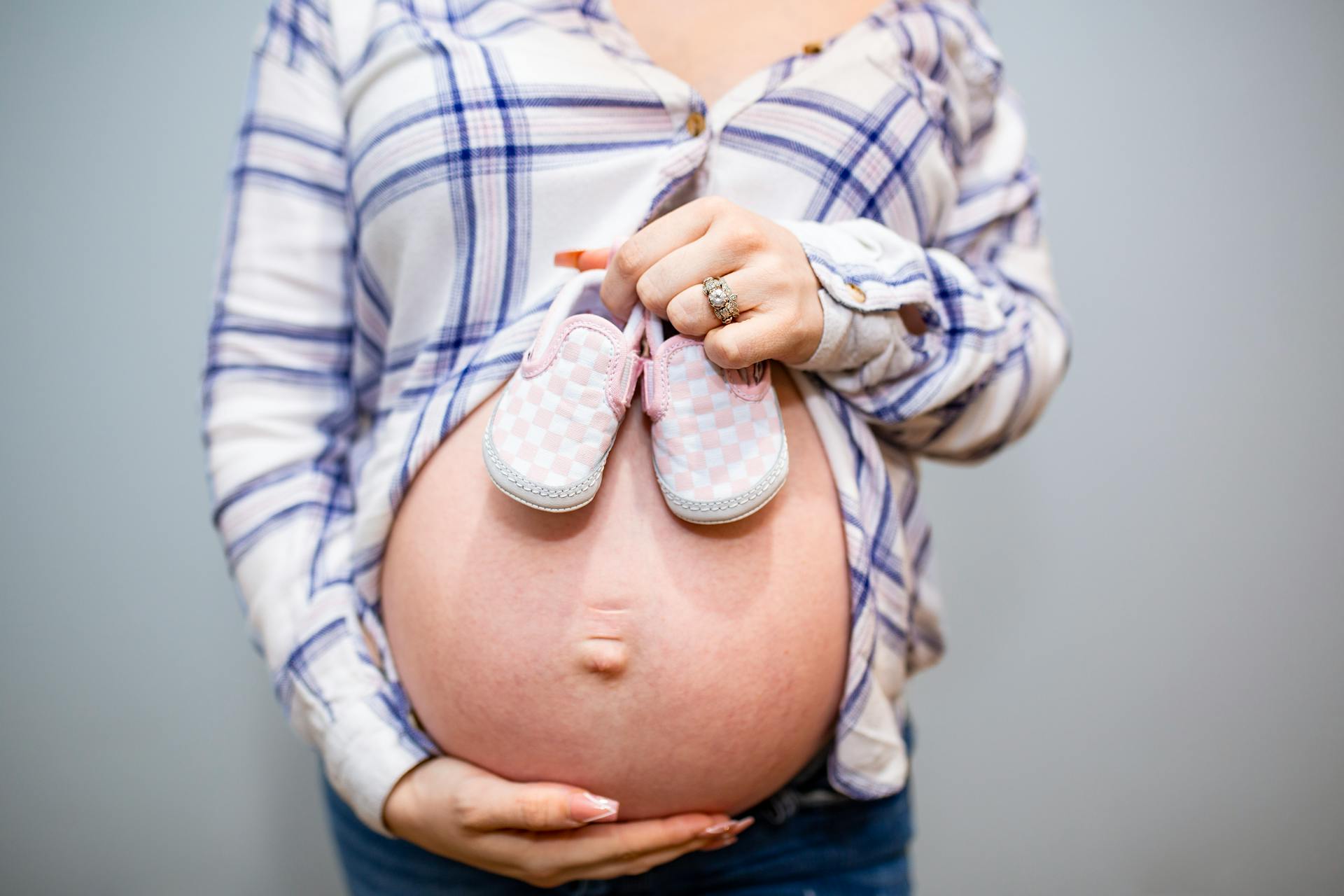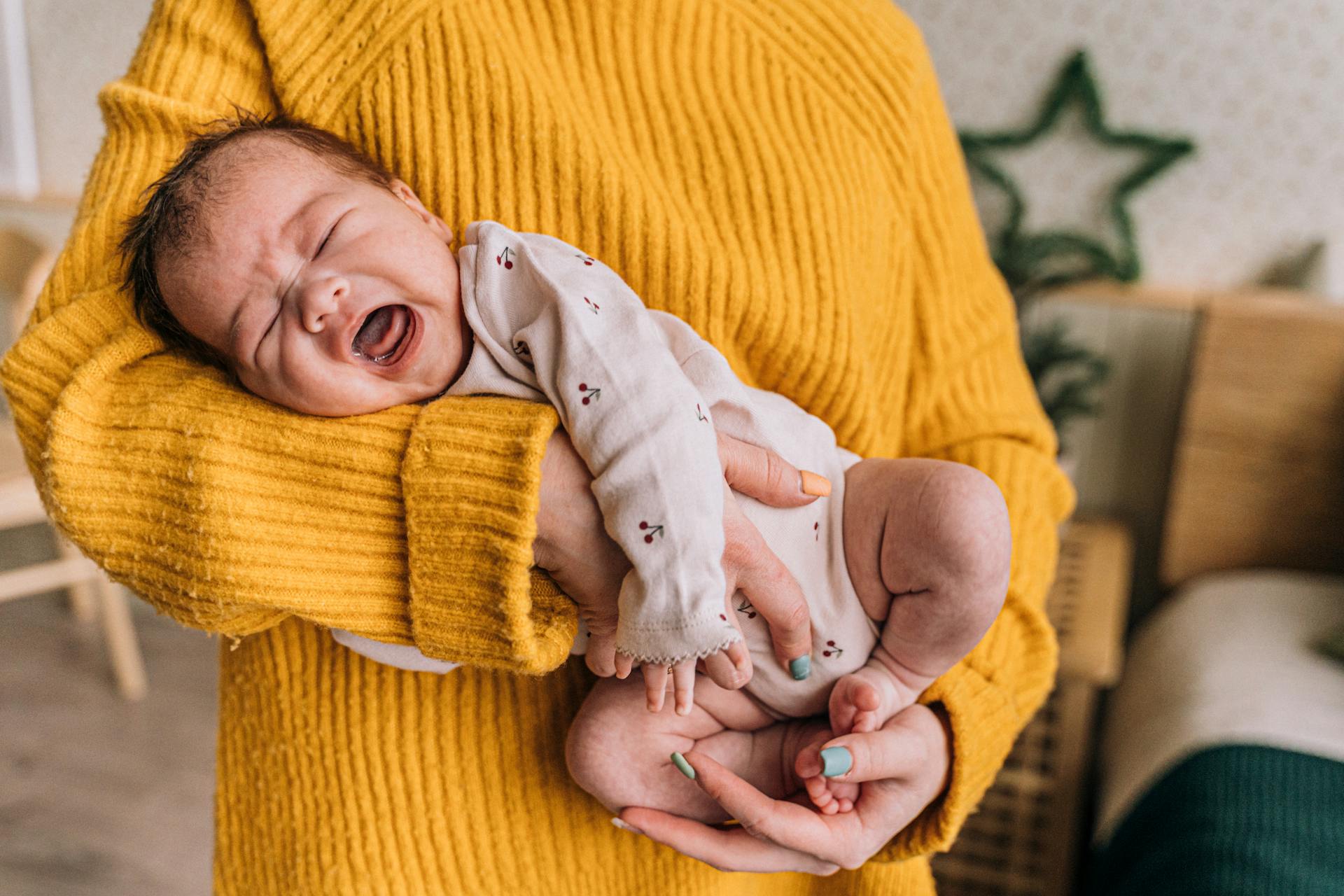Let’s be honest—talking about pregnancy loss isn’t easy. Especially when it happens so early, before you’ve even wrapped your head around being pregnant. That’s where the term chemical pregnancy comes in. It sounds clinical, maybe even cold. But for many people, it’s a very real, emotional experience. In this article, we’ll break it all down in a friendly, easy-to-understand way.
💡 Introduction to Early Pregnancy Loss
Defining Early Pregnancy
An early pregnancy is typically defined as the first 5–6 weeks after conception. During this time, a lot is happening behind the scenes—cells are multiplying rapidly, hormones are kicking in, and the embryo is trying to implant itself securely into the uterine lining.
How Common Is Early Pregnancy Loss?
Here’s the thing: early pregnancy losses, including chemical pregnancies, are extremely common. Experts estimate that up to 50% of all pregnancies may end before a person even realizes they’re pregnant. That’s how early chemical pregnancies can occur.
🧬 Understanding Chemical Pregnancies
What the Term “Chemical” Really Means
The word “chemical” in this context refers to biochemical evidence of pregnancy. That means the only proof of pregnancy was a positive pregnancy test—thanks to the hormone hCG (human chorionic gonadotropin)—without any physical signs on an ultrasound.
When Does a Chemical Pregnancy Happen?
A chemical pregnancy typically occurs before the fifth week of gestation. You may get a faint positive test result a few days after your missed period, only to get a negative result shortly after, or start bleeding like a period.
⚠️ Causes of a Chemical Pregnancy
Chromosomal Abnormalities
One of the most common causes is chromosomal problems in the embryo. If something isn’t quite right during the initial cell division, the body often recognizes that and naturally ends the pregnancy.
Implantation Problems
Sometimes, the embryo doesn’t implant properly in the uterus. This could be due to thin uterine lining or other uterine issues, making it hard for the pregnancy to stick.
Hormonal Imbalances
Low levels of progesterone or other hormonal imbalances can make it difficult for an embryo to survive those crucial early days.
Other Risk Factors
Factors like age, smoking, infections, and certain medical conditions (like thyroid disorders) may increase the risk.
🩸 Symptoms of a Chemical Pregnancy
Signs You Might Notice
- A faint positive pregnancy test
- A late period
- Slightly heavier or crampier bleeding than usual
- A drop in pregnancy symptoms (if there were any to begin with)
How It’s Different From a Normal Period
It can feel just like a regular period, especially if you weren’t testing for pregnancy. But if you were tracking closely, you may notice differences in bleeding or cramping.
🧪 How Is It Diagnosed?
Positive Pregnancy Test Followed by Negative
Many people detect a chemical pregnancy through home pregnancy tests. You might see a line, only for it to disappear or fade in the next few days.
What Blood Tests Show
Doctors may do hCG blood tests. If your levels rise and then suddenly drop, it points to a chemical pregnancy.
Ultrasound and What It Reveals
Because the pregnancy ends so early, an ultrasound usually shows nothing—no sac, no fetal pole, nothing. That’s why it’s considered “chemical” and not “clinical.”
💔 Emotional Impact of a Chemical Pregnancy
The Hidden Grief
Even if it happens early, it can hurt deeply. You had hopes, dreams, maybe even started picturing life with a baby. And suddenly, it’s gone.
Coping Strategies and Support
Talk about it. With friends, family, your partner, or a therapist. Join online forums or support groups. You’re not alone, and your feelings are valid.
🌱 Can a Chemical Pregnancy Affect Future Fertility?
Is There Any Long-Term Impact?
Good news: for most people, a chemical pregnancy does not affect fertility long-term. In fact, it’s often a sign that your body is capable of conceiving.
When to Try Again
Many healthcare providers say you can try again as soon as your next cycle, but it’s always good to check in with your doctor first.
🛡️ Prevention and Treatment Options
Can You Prevent It?
In most cases, no. It’s nature’s way of stopping a pregnancy that wasn’t viable. That said, keeping a healthy lifestyle can improve your chances.
What Doctors Might Recommend
If you’ve had multiple chemical pregnancies, your doctor may suggest:
- Blood work to check hormone levels
- Genetic testing
- Ultrasounds to look at your uterus
- Lifestyle changes or supplements
🎯 Final Thoughts
Chemical pregnancies might be medically minor, but emotionally, they’re far from insignificant. Whether you just found out you were pregnant or already picked out baby names in your head, a loss is a loss. Be kind to yourself. Let yourself feel it. And know this—you’re stronger than you think.
❓ FAQs About Chemical Pregnancies
1. What are the first signs of a chemical pregnancy?
Faint positive tests, followed by a sudden period or cramping, are typical early signs.
2. Can a chemical pregnancy happen without symptoms?
Yes, many people never know they had one unless they were tracking ovulation or testing early.
3. Should I see a doctor after a chemical pregnancy?
It’s usually not medically necessary, but if it happens more than once, definitely talk to your doctor.
4. How soon can I try to conceive again?
Most people can try again after one full cycle, but it’s wise to consult your healthcare provider.
5. Is a chemical pregnancy considered a miscarriage?
Yes, it’s a very early form of miscarriage. It just happens before an embryo is visible via ultrasound.
















